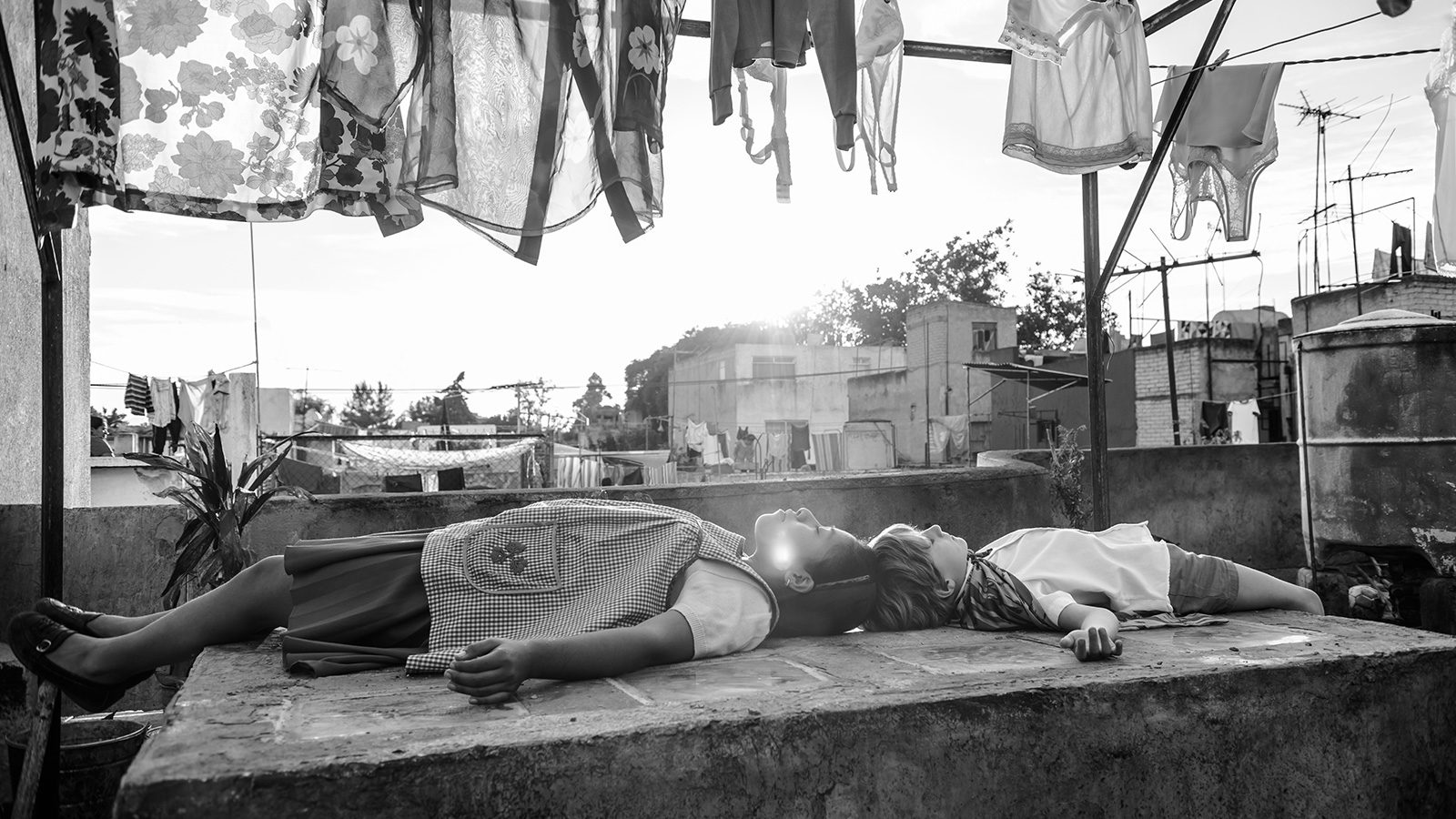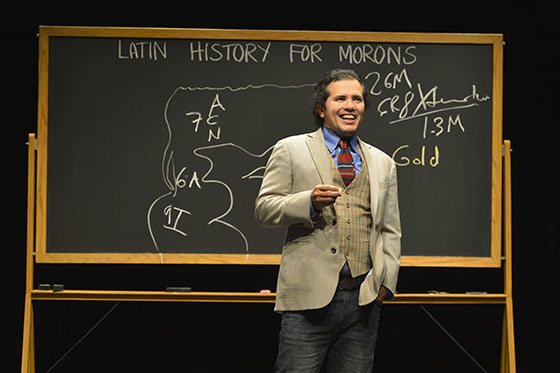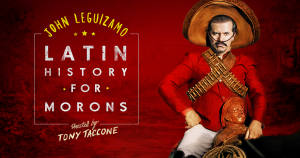Beyond Representation: Why Latinxs Deserve Better than What “Roma” has to Offer
By: David Orta – Guest Writer
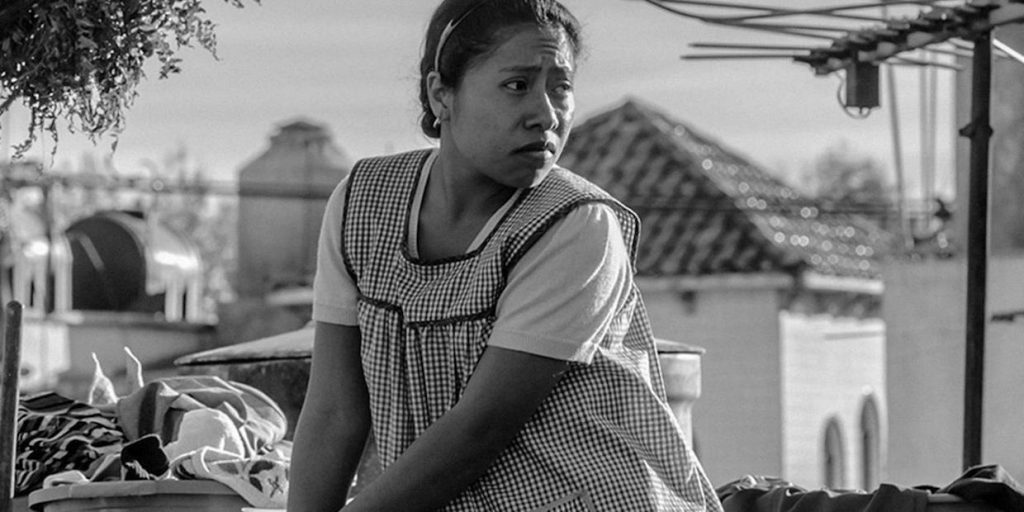
We are in a moment in American Cinema. A historic moment where we are seeing improved representation for people of color in filmmaking as well as recognition for those films. For example, Crazy Rich Asians has been heralded by many as a signal of this moment. Its tremendous success in the Box Office suggested to many that an all-Asian and more importantly, an all non-white cast can succeed in filling U.S. theaters. And then (and even more importantly for some) it’s been praised as an important moment for many Asian Americans who have long felt underrepresented in Hollywood.
And rightfully so. Tons of works have documented how people of color have been grossly under-represented in film and television. Asian Americans, like many other(ed) racial/ethnic minorities have been mistreated by mainstream media (See F. Wu’s book for how this impacts the prevalent stereotypes about Asian Americans).
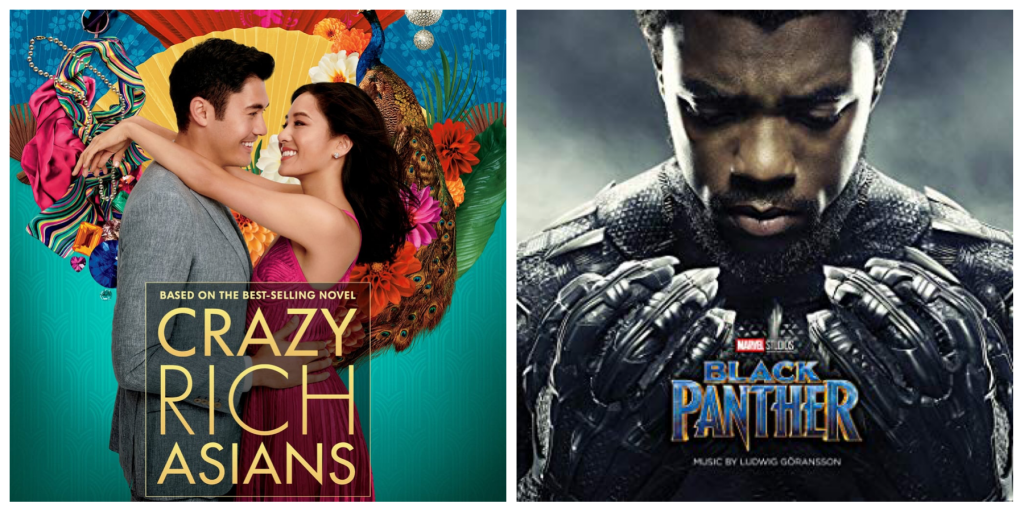
Many have also linked Crazy Rich Asians to the tremendous success experienced by Black Panther, which shattered records in the Box Office. Also signaling to many that a predominantly black cast with a black superhero protagonist can achieve wide American viewership. This means a lot to those who have noticed the recycled storylines that marginalize and stereotype Black Americans (for more on this, check out Vera & Gordon’s workon how American Film centers and protects Whiteness).
“Roma has symbolized the representation that Mexican Americans have been calling for in popular culture.”
In talking with family and friends (basically all Latinas/os), you would think that Roma is our Black Panther, our Crazy Rich Asians. Roma has also been lauded for its focus on social issues in Mexico. To many, this has marked a new moment in U.S. cinematic history since its director, Alfonso Cuarón, a Latino, took home an Oscar, and its lead was nominated for best actress. The film has symbolized a moment of representation that Latinxs, Mexican Americans in particular, have been calling for in popular culture and media. There’s no doubt that we’ve needed representation.
And yes, the cinematography is a revelation in Roma. The acting is remarkable. The production quality was impeccable. Look, I tell my gente, the craft overall is impressive. So you can imagine how so many have questioned my sanity when I said I didn’t love the film. Later, after the Oscars, I didn’t care that it didn’t take home so many of its nominations. So why am I crazy?
[SPOILER ALERT: If you haven’t already watch it, go watch it, then come back and read the rest of this.] The film takes place in 1960’s Mexico City, in the wealthy neighborhood of Roma. The story follows Cleo, an indigenous domestic worker as she works for a wealthy doctor’s family. The drama unravels as Cleo experiences a number of hardships and to add to an already difficult life. The film depicts the exploitative relationship she has with her employer family. The work is hard. She undergoes one humiliation after another. The family takes her for granted. They treat her like help while telling her (and in a few instances showing her) that she is part of the family. And ultimately in a gut-wrenching moment, toward the end of the story, she experiences a painful stillbirth. The film highlights the conflict-ridden domestic worker-family relationship. It also doesn’t turn away from the point that Cleo, a worker of clearly indigenous origins serves a Euro-looking wealthy family, showcasing a history of colonization, oppression, and exploitation that continues today in Mexico. But it’s more than just about Roma and Cleo’s story. At the end of the film, the camera pulls away from a rooftop shot where Cleo washes the family’s clothes to show that there are many more stories in Roma yet to be told, more stories like Cleo’s. It is powerful imagery with the performance and storytelling to match. Again, I think everyone should watch it. But before you break out into wild applause, hear me out.
I also think we need to have high expectations of what we consider to represent us. We (Latinxs and people of color, generally) have such few points where we can claim a rounded depiction of ourselves in popular media. Equally important, we, now referring all critical viewers, need to hold a high standard to filmmakers so that they do more than just “show” us a social inequality. Filmmakers should interrogate the source and beneficiaries of these stark inequalities, not just “show and tell” us about them.
“We need to move beyond a simple ‘show and tell’ -style of cinema.”
My main issue was with how Cleo’s story ended. I was uneasy throughout watching the film as it showed some hard-hitting moments about Cleo’s life, and waited for a moment where I could exclaim, “Yes! Thank you for making that statement about her oppression/oppressors!” but we never reached that point. Perhaps my main problem was really what lead up to the ending. After Cleo experienced a stillbirth, she saved the lives of the children she works for (probably an intentional irony). Then, she cries about her miscarriage while being embraced by her employers. Was this heartfelt? Was this problematic? It likely depends on which viewer you ask.
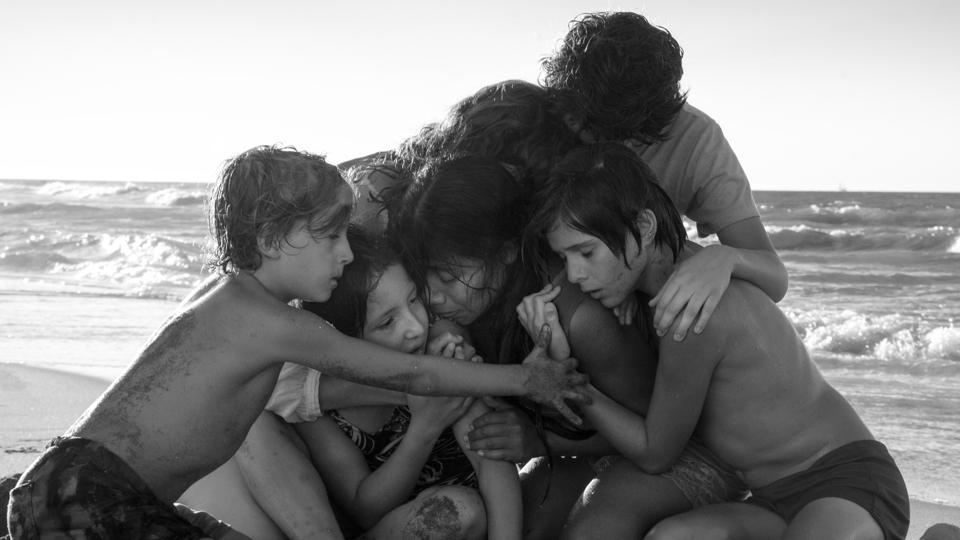
We have to remember, that in the colonizer-colonized relationship isn’t solely a top-down oppression dynamic. In fact, as scholars have pointed out, when a person becomes a colonizer, their whole worldview is, to use a technical term, fucked. Their social position becomes justified and rationalized by their perspective on life and the world. They are incapable of viewing the colonized as a full human being, thus their own personal humanity becomes fractured. So, I can easily imagine someone from a wealthy white family watching the same film and thinking, “Yeah, that’s true, Cleo truly was a part of the family. And, while they all faced adversity they did it together… All’s well, ends well.” They may feel no culpability in their personal role in maintaining an oppressive system. They might even go home and hug their Latinx domestic worker or nanny and feel okay after. In this case, the traditional cinema-as-a-mirrormodel is ineffective.
We need to move beyond a simple “show and tell” -style of cinema. A wide viewership, blinded by the fact that we desperately needed both quality and quantity representation in the media, has praised Roma. For what it is, it’s a great film. But we should not settle for finally being on camera. We shouldn’t not settle for simply being acknowledged for doing good work behind the camera. We deserve better than that.
I think I’ll wait for a film that truly represents my background, including my perspective and my values. I will wait for a film that doesn’t allow white elites to continue their colonial relationships and behaviors without a second (or maybe third?) thought. A film that I can genuinely laud without hesitation. In the meantime, I will rely on other well-crafted, real-life narratives about experiences that speak truths. For example, sociologist M. Romero’s works are based on a combination of auto-biographic stories and in-depth data that tell rich detailed narratives about domestic workers in the U.S. You can’t walk away from those books without being pissed off about the social inequalities that prevail today. She’s doing more than showing society a mirror, she’s clearly pointing out what we should focus on in the reflection.
I don’t know how long it will be before they make a movie that represents my story better. When they do, what would it be titled? Maybe, “CRAZY POOR LATINOS ?”
- Post by David Orta

